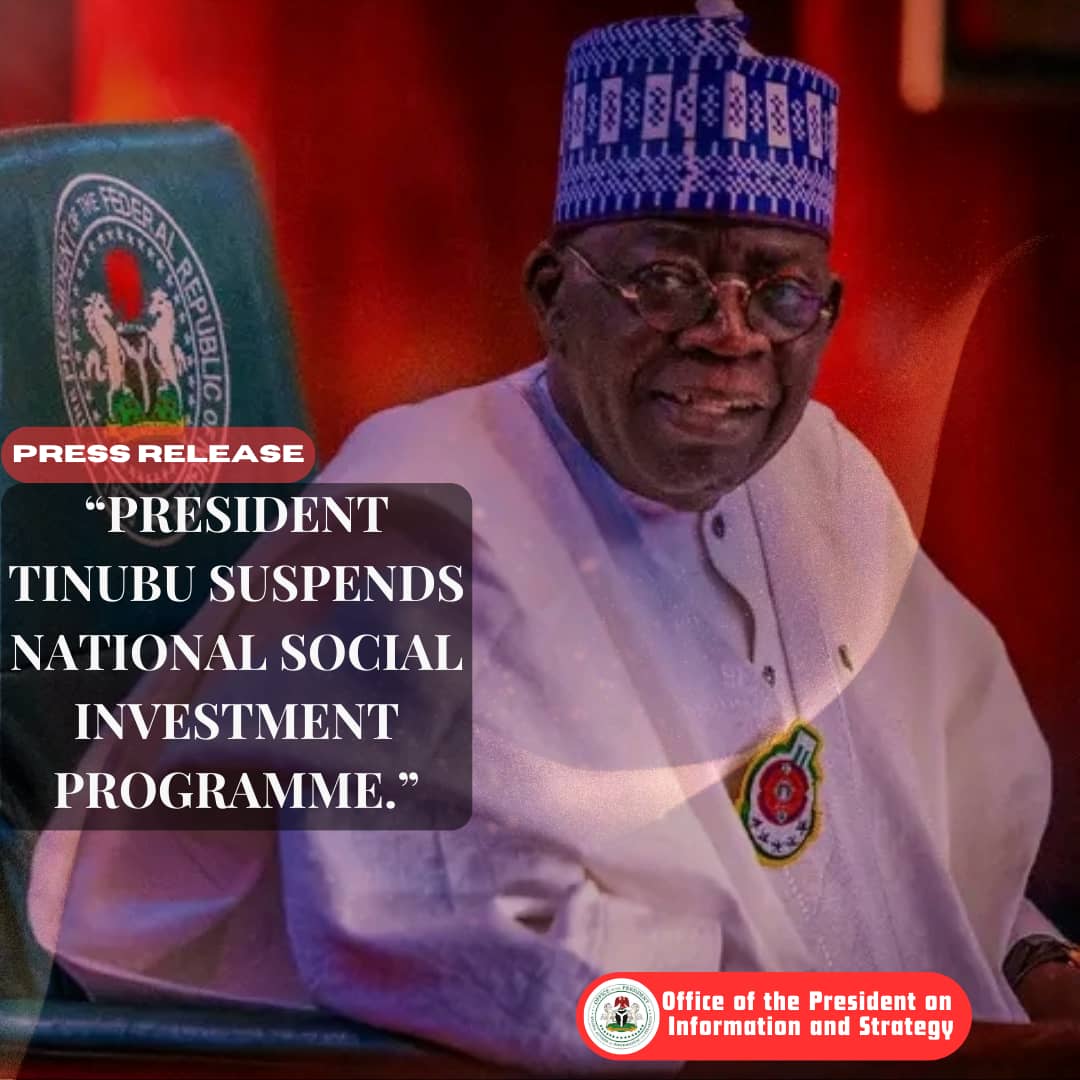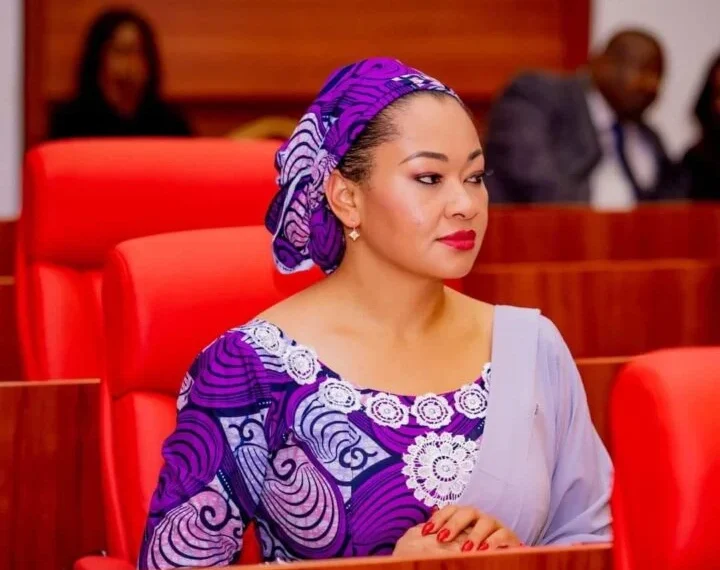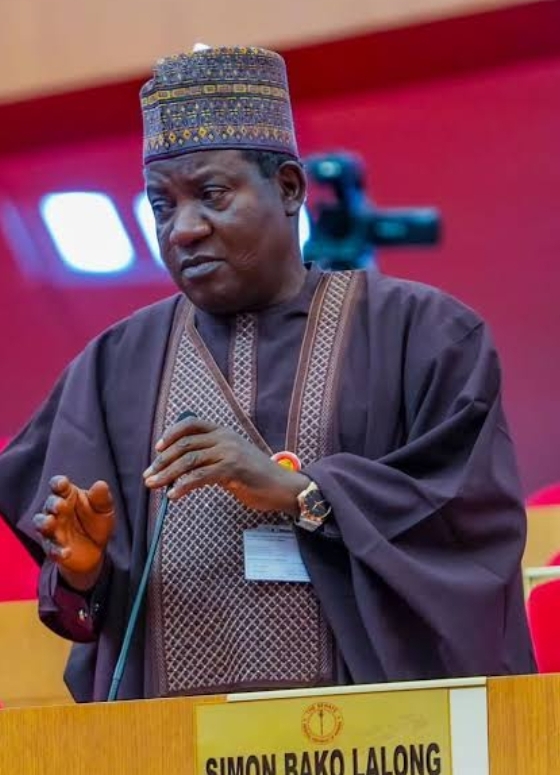Senate Leader Defends NASS, Rebukes Opposition’s ‘Rubber Stamp’

…..Cites 39 Executive-Legislative Meetings on Tax Bills, Denounces Political Grandstanding
Leader of the Senate, Senator Opeyemi Bamidele, on Sunday refuted claims by opposition parties branding the National Assembly (NASS) as a rubber-stamp legislature, insisting such accusations lack basis and fail to acknowledge the parliament’s rigorous legislative process.
In a statement issued by the Directorate of Media and Public Affairs, Office of the Leader of the Senate, Bamidele said if the Assembly were truly a rubber-stamp, it would not have convened over 39 meetings with the executive arm before the passage of the 2024 Tax Reform Bills.
Bamidele, who represents Ekiti Central, emphasized that the 10th National Assembly, since its inauguration on June 13, 2023, has prioritized strategic engagement and collaboration to tackle pressing national issues in the public interest.
Despite this approach, the Assembly has faced persistent criticism from opposition parties, notably the Peoples Democratic Party (PDP), Labour Party (LP), and New Nigeria Peoples Party (NNPP), accusing it of merely endorsing executive proposals.
Dismissing these claims, Bamidele pointed to the detailed review process of the Tax Reform Bills, initiated in November 2024 and passed only after six months of scrutiny.
“If we were truly a rubber-stamp institution, those bills would have been passed within a week or two,” Bamidele argued. “Instead, we held over 39 engagements involving key stakeholders, including civil society, professional bodies, religious leaders, and industry leaders.”
He revealed that the process included behind-the-scenes meetings, public hearings, and debates aimed at addressing contentious issues and incorporating diverse perspectives.
“We took our time because we wanted tax laws that reflect national interest, stand the test of time, and deliver real value to the people,” he said. “Unfortunately, many do not see the sacrifices and hard work that go into these outcomes.”
The Senate Leader also referenced the 2025 Appropriation Act as further proof of the Assembly’s independence. The budget, submitted to a joint session of the National Assembly on December 18, 2024, was not passed until February 13, 2025.
“If we were a rubber-stamp, we would have approved the budget before the end of the 2024 fiscal year just to maintain the January–December cycle. But we prioritized due diligence,” he noted.
READ ALSO: Shun Sensationalism Reporting – Chief Registrar Urges Judicial Correspondent’s
Bamidele said all relevant committees scrutinized the budget thoroughly, engaging with heads of ministries, departments, and agencies to ensure alignment with national priorities and good governance.
He concluded by cautioning against political grandstanding within the legislature, urging lawmakers to remain focused on their constitutional responsibility to serve the public interest through legislative excellence.





